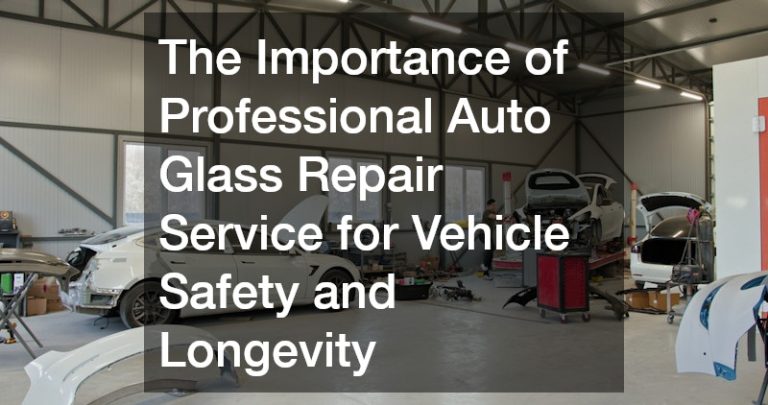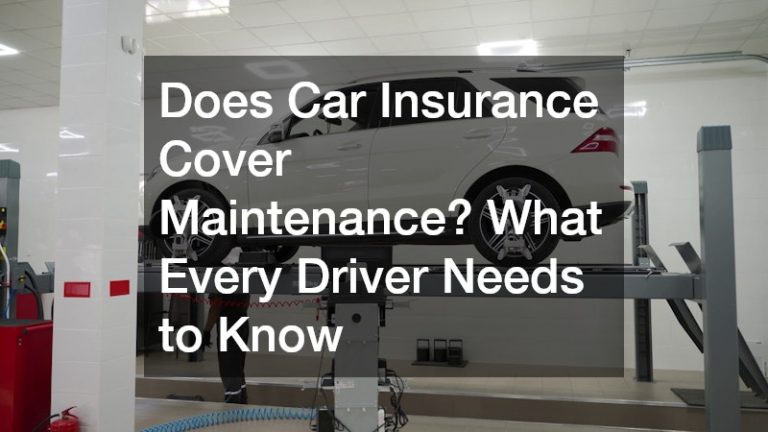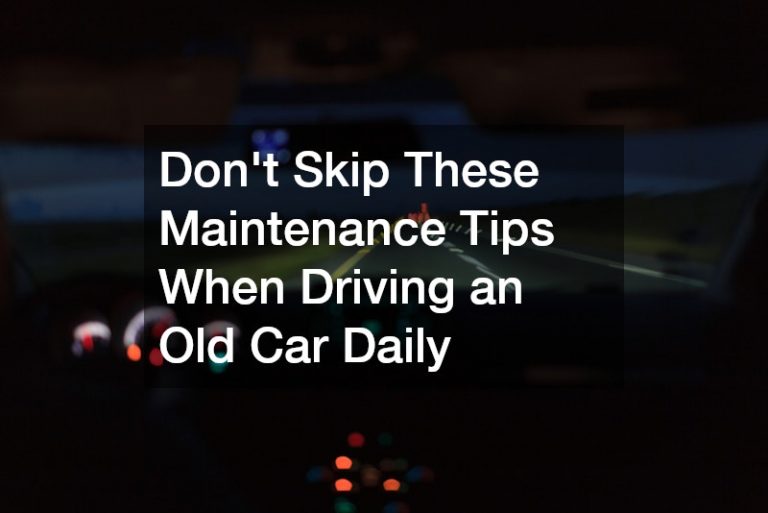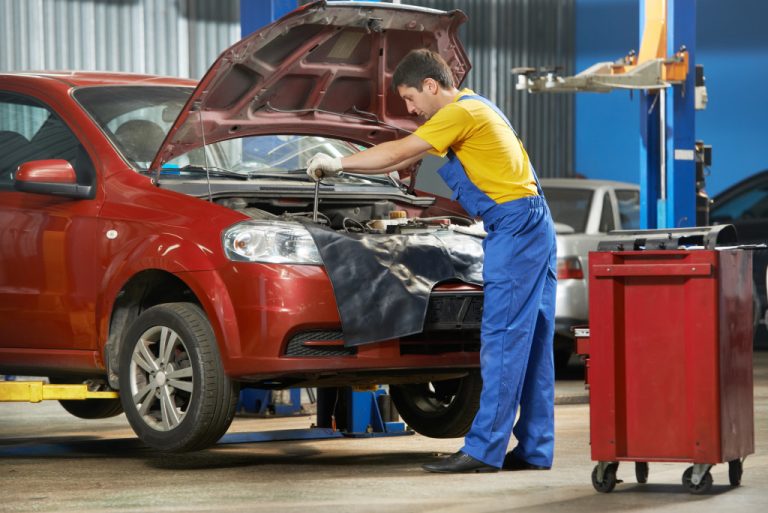Owning a car is a huge responsibility. Not only do you have to worry about the cost of gas, oil changes and repairs, but you also have to make sure that your car is always in good condition for the safety of yourself and others on the road. Fortunately, you can do a few simple things to keep your car running smoothly and safely.
Change your oil at least every 3,000 miles
rgba(226,232,240,var(–tw-border-opacity));” data-mce-style=”box-sizing: border-box; –tw-border-opacity: 1; –tw-shadow: 0 0 transparent; –tw-ring-inset: var(–tw-empty, ); –tw-ring-offset-width: 0px; –tw-ring-offset-color: #fff; –tw-ring-color: rgba(0,38,234,0.5); –tw-ring-offset-shadow: 0 0 transparent; –tw-ring-shadow: 0 0 transparent; background-color: transparent; border: 0px solid rgba(226,232,240,var(–tw-border-opacity));”>Motor oil performs important duties like lubricating the engine, cooling it, and cleaning the inside of the engine. Over time, this can diminish its ability to do its job properly. Changing your oil at least every 3,000 miles is a good way to ensure that your car runs as efficiently as possible and that you’re not putting yourself or others at risk.
Keep up with basic maintenance tasks
Changing your motor oil per the manufacture’s guidelines is only half of the story. The other half includes regularly servicing things like air filters and fluids and standard checks to spot potential problems before they make it to a larger scale. It also includes checking tire pressure and cleanliness and replacing belts and hoses. It’s also smart to clean your fuel tanks regularly. Diesel fuel tanks can become dirty and contaminated with algae, leading to problems with the engine. Cleaning the tank every 6 months or so will help to prevent any build-up and keep your car running smoothly. That way, you can be better prepared for any emergencies along the way.
Follow the manufacturer’s recommended maintenance schedule
It may seem like a hassle, but following the manufacturer’s recommended maintenance can save you big bucks. The worst case scenario with skipping on these important checks is that your car could stop working all of sudden. Skipping on up-keep can cause you to have to take time off work and pay for expensive repairs, not do mention endangering the lives of other drivers who share the road with us!
Keep your tires inflated to the correct PSI
Tires that are inflated to the correct pressure can help improve your car’s fuel economy, ensure a safe ride and extend the life of your tires. Underinflated tires can lead to decreased fuel efficiency and premature wear on your tires. Overinflated tires can make your car unstable and more likely to blow out. To find the correct pressure for your tires, consult your car’s owner’s manual or look for the sticker on the driver’s side door jamb. You should also check your tire pressure at least once a month when the tires are cold.

Clean exterior and rust (use a wax or sealant)
Washing and waxing your car can help to prolong its life. Many people forgo washing their cars because of the time it takes or the amount of money it would cost to do so, but both of those arguments are unfounded. A quick wash at a self-service car wash station or with a hose and bucket yourself will drastically improve your vehicle’s appearance while also protecting it from rain, snow, sleet and other things that can damage your paint job. Regular waxing is also vital when trying to protect your exterior and maintain the shine.
Check for excessive tire wear or damage to brakes/fluids after an accident
Checking for excessive tire wear or damage to brakes or fluids after an accident is a great way to ensure everything is operating as it should for safety reasons. For example, if your tires have been damaged in the collision, you should be aware that there may be a leak from the affected area and monitor it closely. This can help ensure the car is safe to drive before you get on with your day. Likewise, checking out brake fluid levels from time-to-time will help keep things maintained and prevent possible problems down the road by revealing any issues early on.
Have headlights regularly checked for proper aim
Headlights are important for driving at night or in low-light conditions, so they must be always properly aligned. Misaligned headlights can decrease your visibility while driving, as well as the visibility of others on the road. Aligning your headlights is a quick and easy process that can be done by a professional or at home with a few simple tools. Most car dealerships will offer this service for free, so there’s no excuse not to have them checked regularly.
Conclusion
If you take a few simple steps to maintain your car and keep it running smoothly, the investment will pay off. You’ll have an easier time staying safe on the road, as well as prolonging the life of your vehicle so that it lasts for years to come. Follow these guidelines to be a responsible car owner – one who can depend on their vehicle when they need it most!








